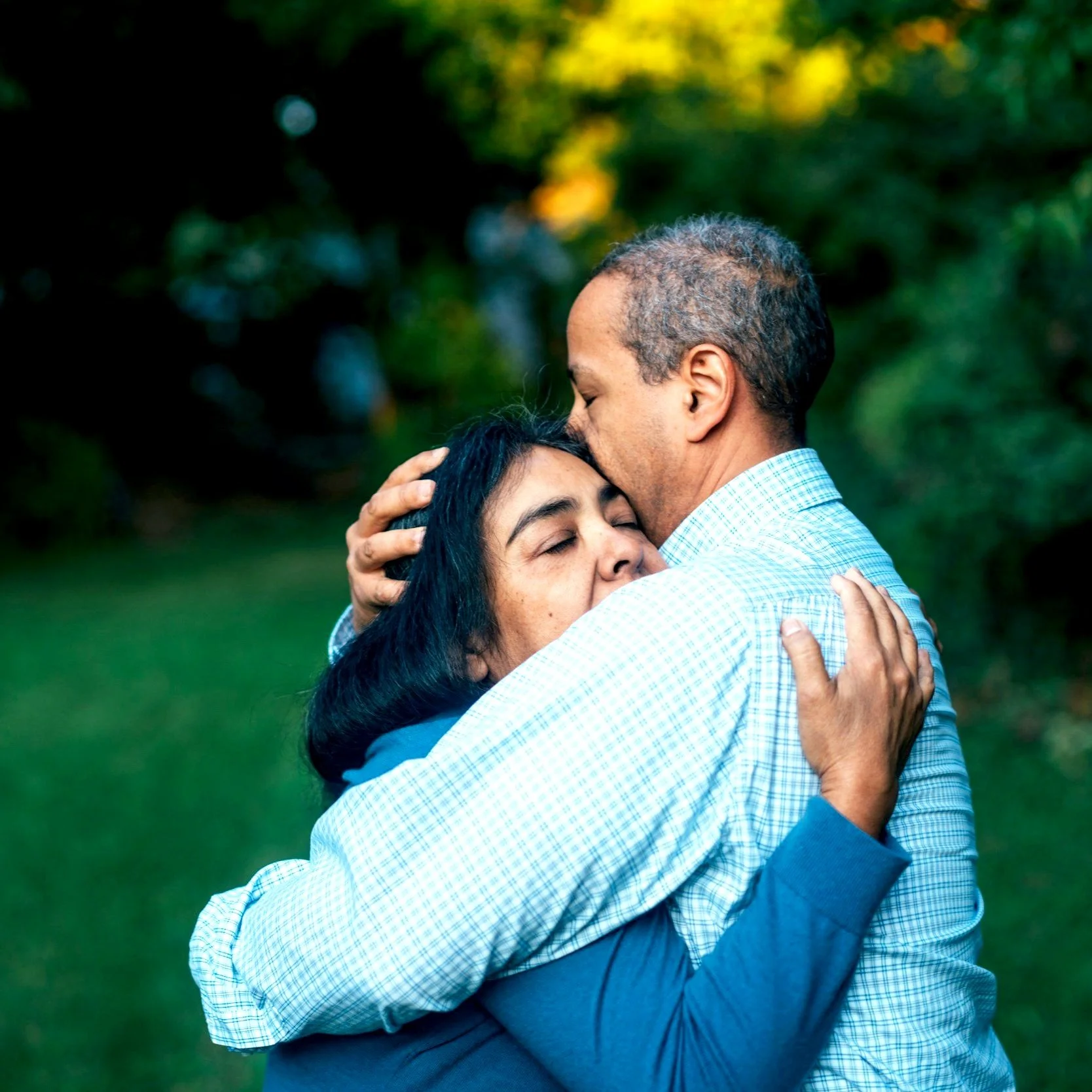Holding Space: How to Support a Loved One Experiencing Anxiety
When someone you care about is struggling with anxiety, it can be hard to know what to say or how to help. You may feel powerless, frustrated, or even overwhelmed yourself. But your presence, patience, and understanding can be more healing than you realize.
Understanding Anxiety
Anxiety isn't just "worrying too much." It's a complex mental health condition that can impact a person's thoughts, emotions, and body.
Symptoms might include:
Racing thoughts or obsessive worry
Irritability or restlessness
Trouble sleeping or eating
Panic attacks or physical symptoms like nausea or a rapid heartbeat
Anxiety may be triggered by stress, trauma, health conditions, or occur without an obvious cause.
How You Can Help
Supporting someone with anxiety isn’t about fixing their feelings—it’s about walking beside them with empathy and without judgment. Here are some ways to do that:
1. Be a Calm, Steady Presence
Your grounded energy can help regulate theirs. Speak calmly, listen attentively, and show up consistently.
2. Validate Their Experience
Avoid saying things like "Just relax" or "You're overreacting." Instead, try: "That sounds really hard," or "I’m here with you."
3. Learn About Anxiety Together
Understanding the science behind anxiety can remove stigma and empower both of you. Explore resources or attend therapy sessions together if appropriate.
4. Encourage Healthy Coping
Gently suggest grounding techniques, breathing exercises, or activities they enjoy—but never pressure them. Respect their pace.
5. Set Boundaries with Compassion
Supporting someone doesn’t mean sacrificing your own well-being. Communicate your limits lovingly and take breaks when you need them.
Things to Avoid
Minimizing or dismissing their fears
Offering unsolicited advice constantly
Taking their anxiety personally
Trying to "rescue" them from every discomfort
Remember, healing is a journey they must walk themselves—you’re just helping to light the path.
Encouraging Professional Support
Let your loved one know that seeking help is a sign of strength, not weakness. Offer to help them find a therapist or attend an appointment with them if they’re open to it. Sometimes just knowing they’re not alone can ease the first step.
Final Thought: Love is a Healing Force
Your support might not erase anxiety, but it can make your loved one feel safe, seen, and supported—which is exactly what they need most. In moments of stillness, patience, and care, you remind them they’re not facing this alone.
Because when love meets anxiety with compassion, connection—and healing—can begin.


